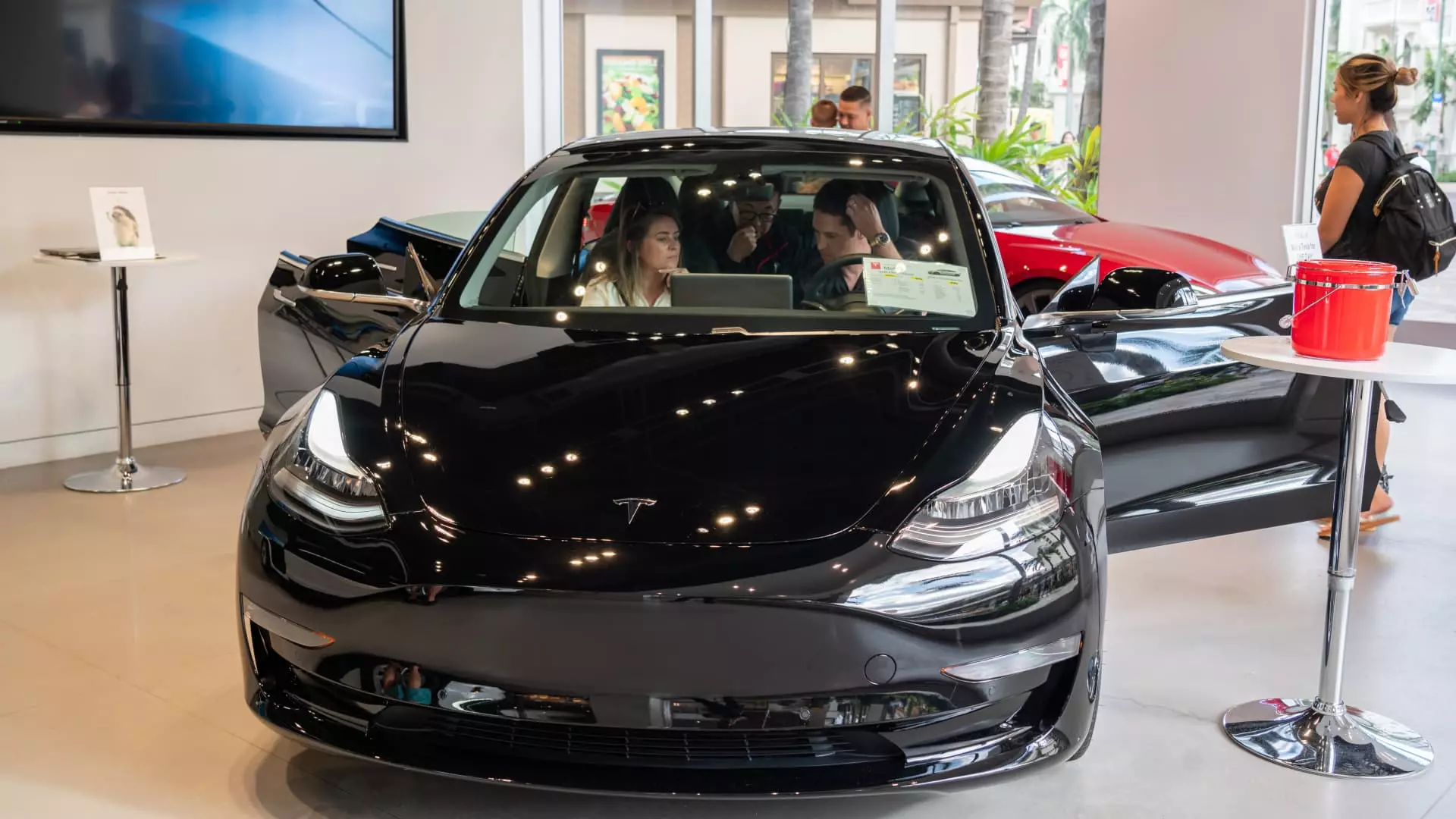Hawaii has emerged as a surprising leader in electric vehicle (EV) adoption in the United States. Despite the small size of the state and its unique geographical challenges, Hawaii ranks fifth in overall EV adoption, with 11.9% of new retail vehicles sold being electric. Moreover, it boasts an impressive EV Adoption Score of 33.8, ranking third behind only California and Washington. This high rate of EV adoption can be attributed to several key factors that set Hawaii apart from other states in the country.
One of the primary reasons for the success of EVs in Hawaii is the state’s unique culture and environmental consciousness. The people of Hawaii have a deep sense of responsibility towards stewarding the land, which is evident in the concept of “Aina” in Hawaiian culture. This cultural value aligns well with the sustainable and eco-friendly nature of electric vehicles, making them a natural choice for many residents of the state. Furthermore, the popularity of hybrid models in Hawaii has laid the groundwork for the transition to all-electric vehicles, with 19% of vehicles being hybrids as of 2023.
Another key driver of EV adoption in Hawaii is the high cost of gasoline on the islands. With an average price of $4.72 per gallon, Hawaii ranks among the highest in the United States, second only to California. This exorbitant cost of fuel incentivizes consumers to make the switch to electric vehicles, which offer significant savings on fuel expenses. As a result, the Tesla Model Y, Tesla Model 3, and Ford F-150 Lightning are among the top-selling EVs in the state, reflecting the growing trend towards electric mobility.
While Hawaii has made significant strides in adopting electric vehicles, it still faces challenges that are common across the U.S. mainland. These challenges include the lack of charging infrastructure, affordability issues, and limited vehicle choices. Despite these obstacles, consumer interest in EVs continues to grow, with Kia’s new EV9 SUV generating considerable excitement among potential buyers. While the adoption of EVs in Hawaii remains relatively low compared to traditional vehicles, the upward trajectory suggests a promising future for electric mobility in the state.
Hawaii’s success in electric vehicle adoption can be attributed to a combination of cultural, environmental, and economic factors. The state’s commitment to sustainability, coupled with high fuel prices and a supportive consumer base, has created an environment conducive to the growth of the EV market. As Hawaii continues to overcome challenges and expand its EV infrastructure, it is poised to remain a leader in electric vehicle adoption in the years to come.

